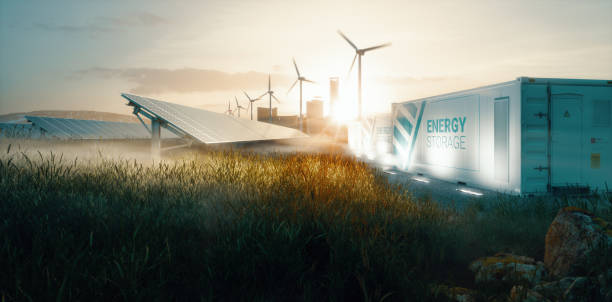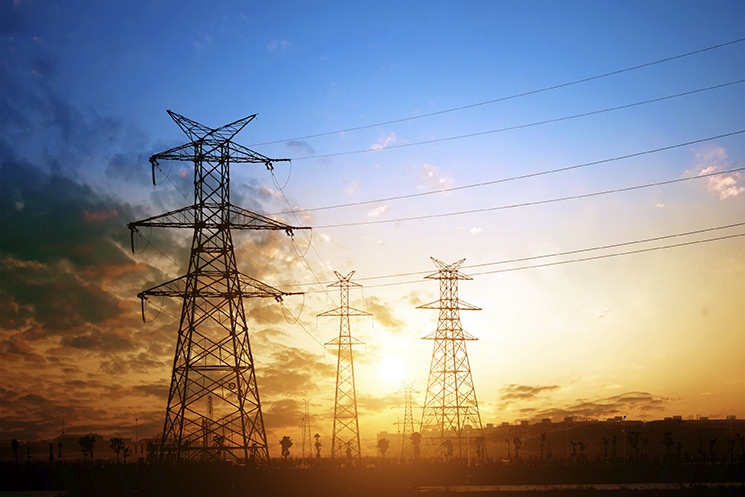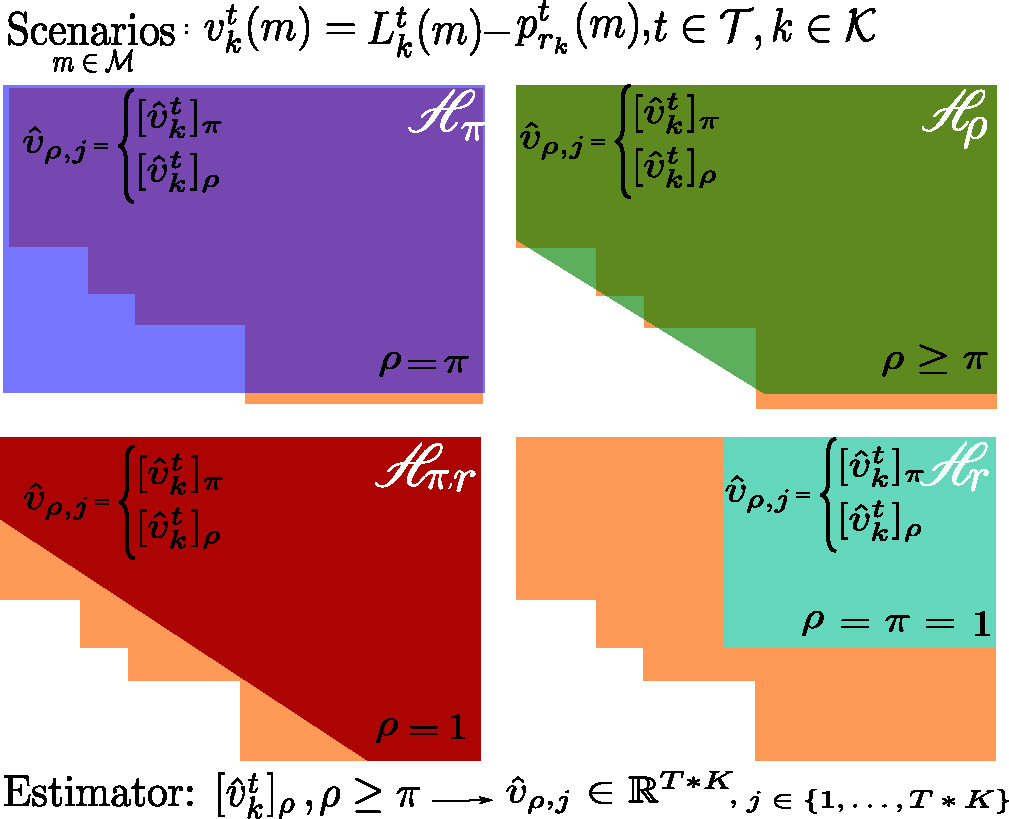Research Areas

Analysis of Grid Transitions
Electic power systems are a high impact system for decarbonization; if we can significantly reduce or eliminate carbon emissions while simultaneously electrifying other sectors, the impact would be enormous. Planning investments in electric power system expansion is challenging, and planning a transition to zero-carbon systems based almost entirely on renewable and emerging technologies is both ambitious and daunting. Energy system decarbonization plans are often developed based on historical averages, spatial aggregations, and long-tertm forecasts, it is critical to consider how these proposed systems will function in an operational context. How resilient will they be to fluctuations, resource droughts, and unexpected situations? In this research, we develop practical and realistic simulation models to explore the performance of proposed strategies under a range of potential future conditions.

Climate Impacts On Power System Reliability
The relationship between the electric power system and environmental change is complex. Future changes to environmental risks such as heat waves and flooding can reduce grid reliability while increasing demand. Hydroclimatic variability may result in a weakening of hydropower as a firm, nonzero generation source over decadal time scales. And California has seen blackouts resulting from attempts to manage wildfire risks by power utilities. We collaborate with the Srikrishnan Lab and Steinschneider Lab to investigate the impact of these mechanisms under deep climate uncertainty for today’s decisions about energy system infrastructure investments.
